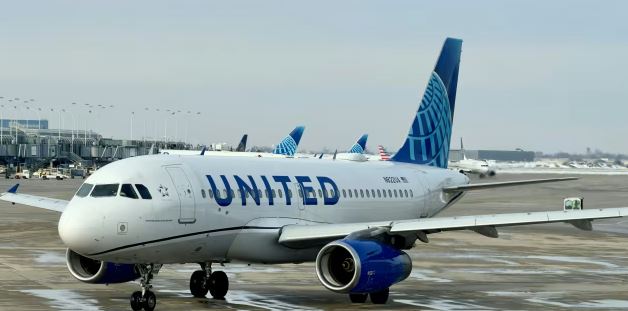New Airline Regulations Mandate Full Refunds for Travelers

New regulations have been introduced requiring airlines to offer complete refunds to travelers under specific circumstances. This policy change aims to enhance consumer protection and ensure fairness in the increasingly complex landscape of air travel.
Overview of the New Rules
The new rules stipulate that airlines must provide full refunds to passengers if flights are canceled or significantly delayed, regardless of the reason. Additionally, travelers are entitled to refunds if they are unable to fly due to sudden medical issues or significant changes to the airline’s schedule that make travel impractical.
Rationale Behind the Policy
This update in regulations comes in response to a surge in customer complaints during the COVID-19 pandemic, where many passengers struggled to reclaim their money for flights disrupted by global lockdowns and travel restrictions. The move is also part of broader efforts to rebuild traveler confidence and stimulate the recovery of the airline industry by making ticket bookings less risky for consumers.
Impact on Airlines and Passengers
While this policy is welcomed by consumer rights groups, it poses new challenges for airlines, which will need to manage potential financial liabilities associated with increased refund claims. Airlines are now adjusting their policies and systems to comply with the new rules, ensuring transparent communication and smoother processing of refunds.
Traveler Response
Travelers have largely reacted positively to the new regulations, appreciating the added security and flexibility they provide. “This makes planning travel less stressful,” mentioned one frequent flyer, reflecting a common sentiment among passengers who previously felt apprehensive about booking flights amidst uncertainty.
Future Implications
These changes mark a significant step in consumer rights within the airline industry and could lead to more competitive practices and enhanced service standards among carriers. As the industry adapts, these regulations may also influence international airline policies, potentially leading to widespread improvements in passenger experiences and rights globally.





